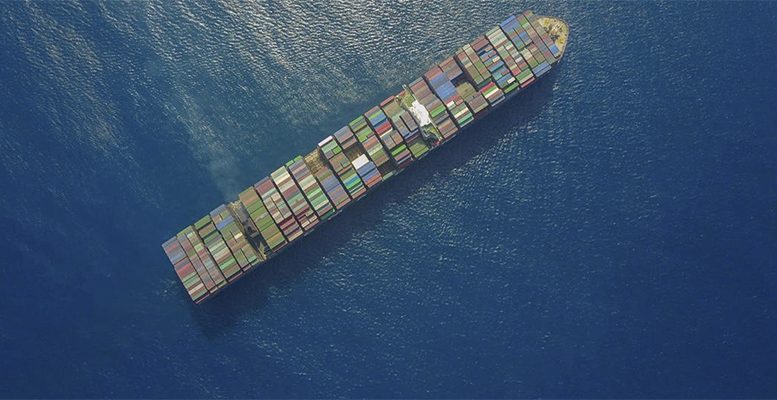The G20 finance and economy ministers will meet in Fukuoka (Japan) this weekend against the backdrop of trade restrictions. The World Trade Organization estimates that between October and May, 20 new restrictions on world trade have been introduced, worth 335.9 mm. $. These measures are linked to others that previously affected a volume of trade worth 480.9 mm. $, and most worrying is that more restrictions are expected. This compensates, point from Intermoney, the liberalizing measures by value of 397.2 mm. € that were taken in the last months.
The situation continues to harm Europe. In particular, it is bad for Germany via capital goods. The IFO institute believes that trade uncertainty explains that its Confidence Index ceded to November 2014 minimums. For now, the good news is that the US and China will sit down to talk about trade at the end of the week. Beijing wants its role can not lead to a key interpretation of defeat.
According to the Vice Minister of Commerce of the Asian giant: “Equality and mutual benefit means that consultations must be conducted in an equitable manner, the agreement that must be reached must be beneficial for both parties” and “Meeting halfway means that both parties must commit and make concessions, not just one of them.”
Economic stimulus and the abundant liquidity in the system allowed, on Monday, that the Chinese overnight repo fell below 1 %, at its lowest value since June 2009. At the same time, the PBoCh reported that until the end of May the credit to micro-enterprises and small Chinese companies had increased by 21%.
Morgan Stanley analysts point to three scenarios in the G20:
1. Trump and Xi Jinping declare their intention to reach an agreement, eliminating the next round of tariffs and a plan to dismantle the previous ones. This would delay the impact of economic risks but would not eliminate them, keeping our estimates of global growth in stagnation for 4Q19 (+ 3.2%), and a slowdown in US growth (+ 1.9%).
2. Pause with uncertainty is the most likely scenario. Both countries do not reach an agreement in the G20 but more time is given to try to redress the situation. Sentiment could improve thanks to an even more dovish EDF (rebates of +100 bps up to Q1 2020) and to the idea that both countries are worried about macro weakness. The weakness of the macro plus current tariffs would end up affecting growth (-50bps in global growth and -10bps in the US).
3. No deal, and tariffs are maintained indefinitely: lower growth, higher inflation (inevitable pass through to the consumer) and finally recession in about 3 quarters.





